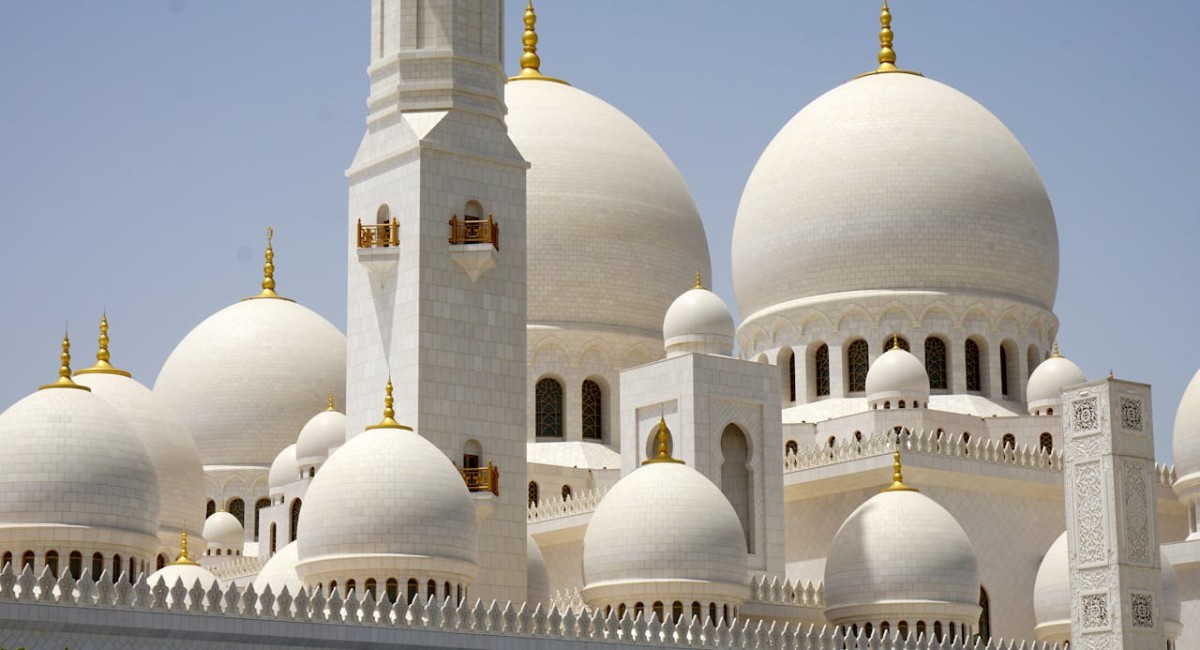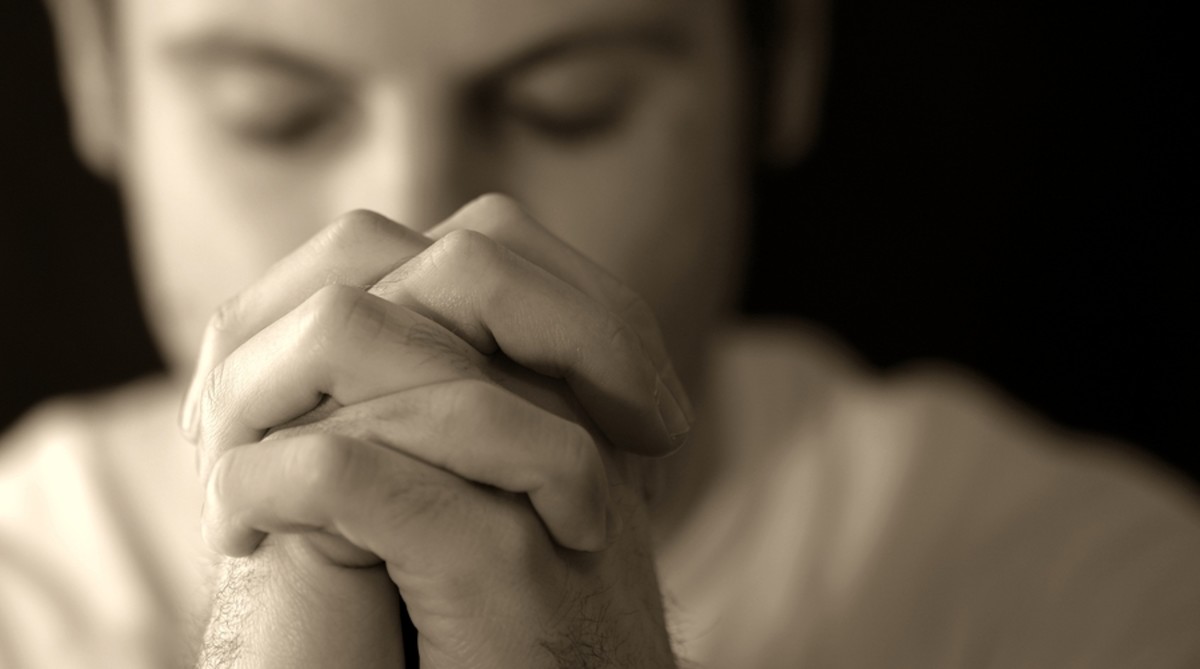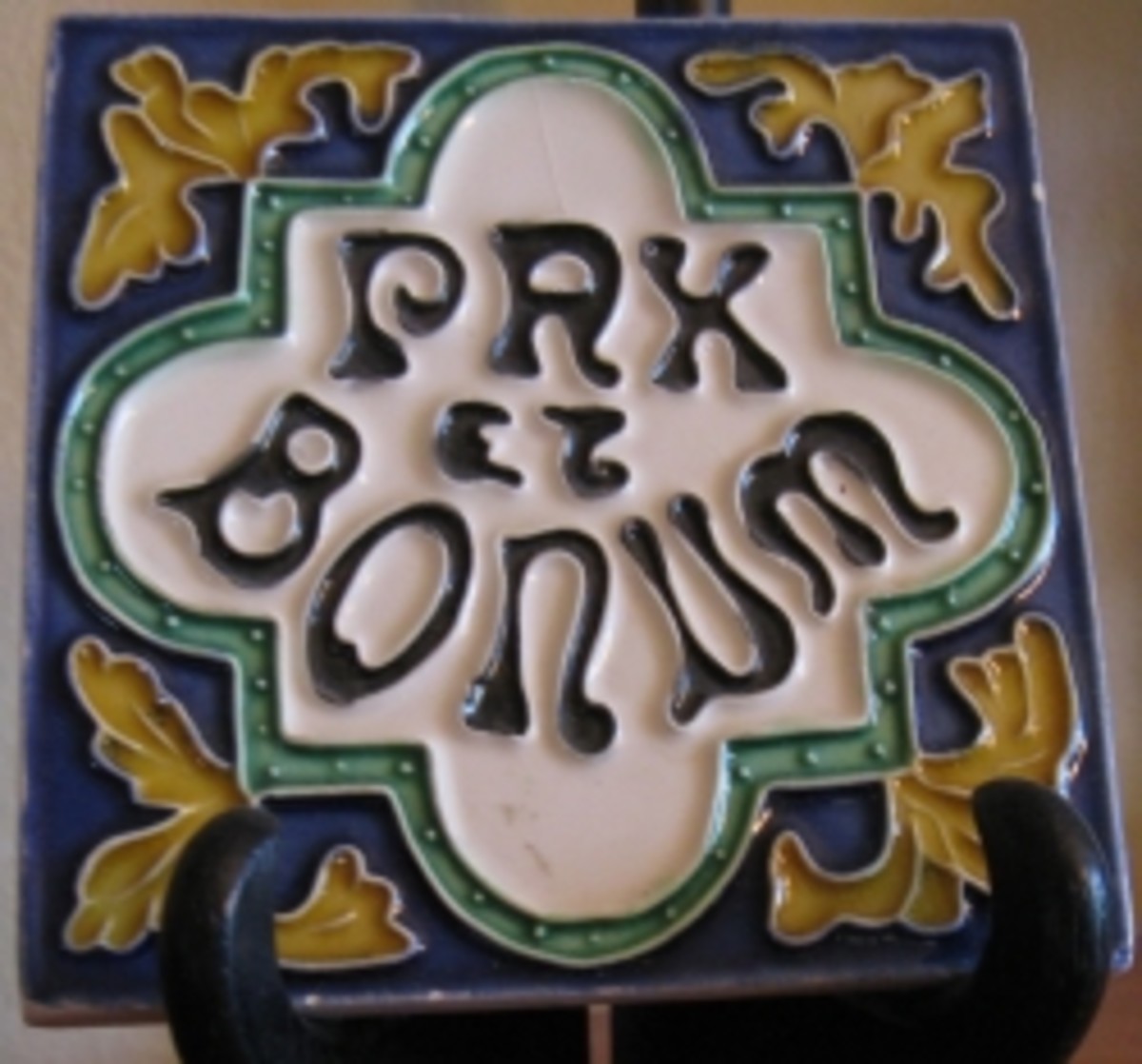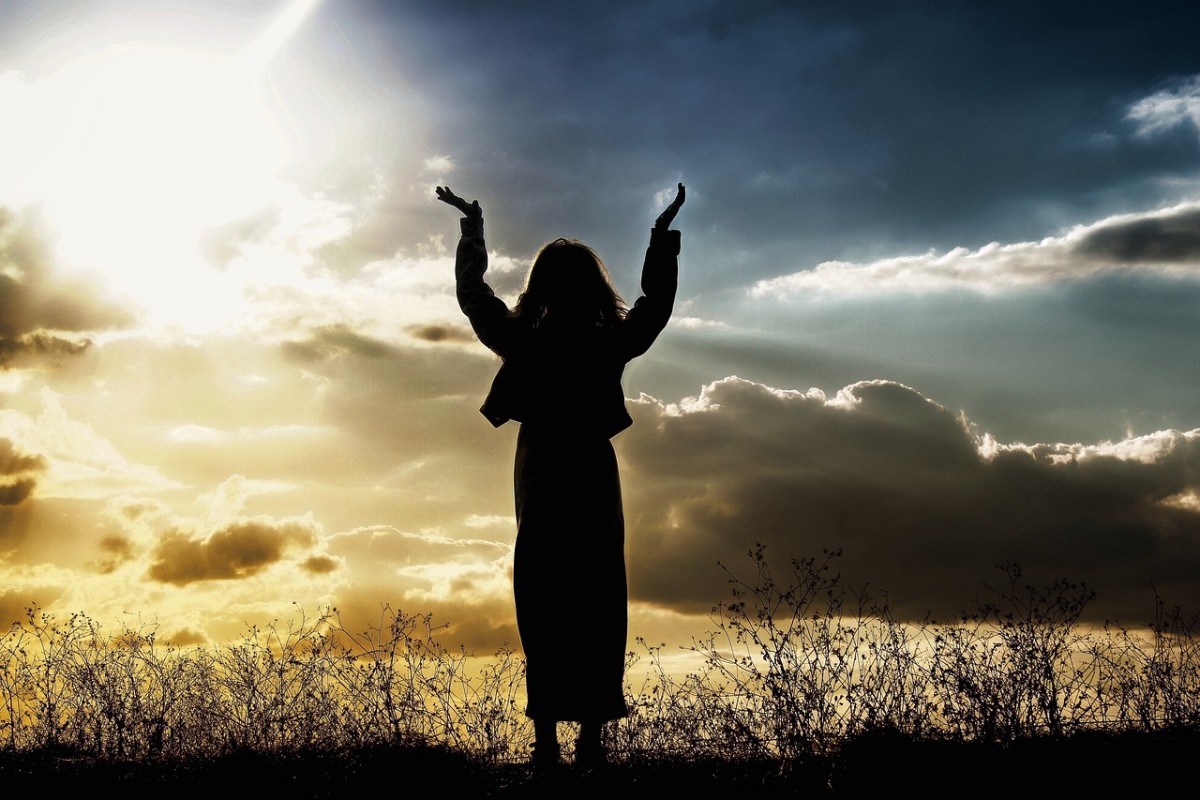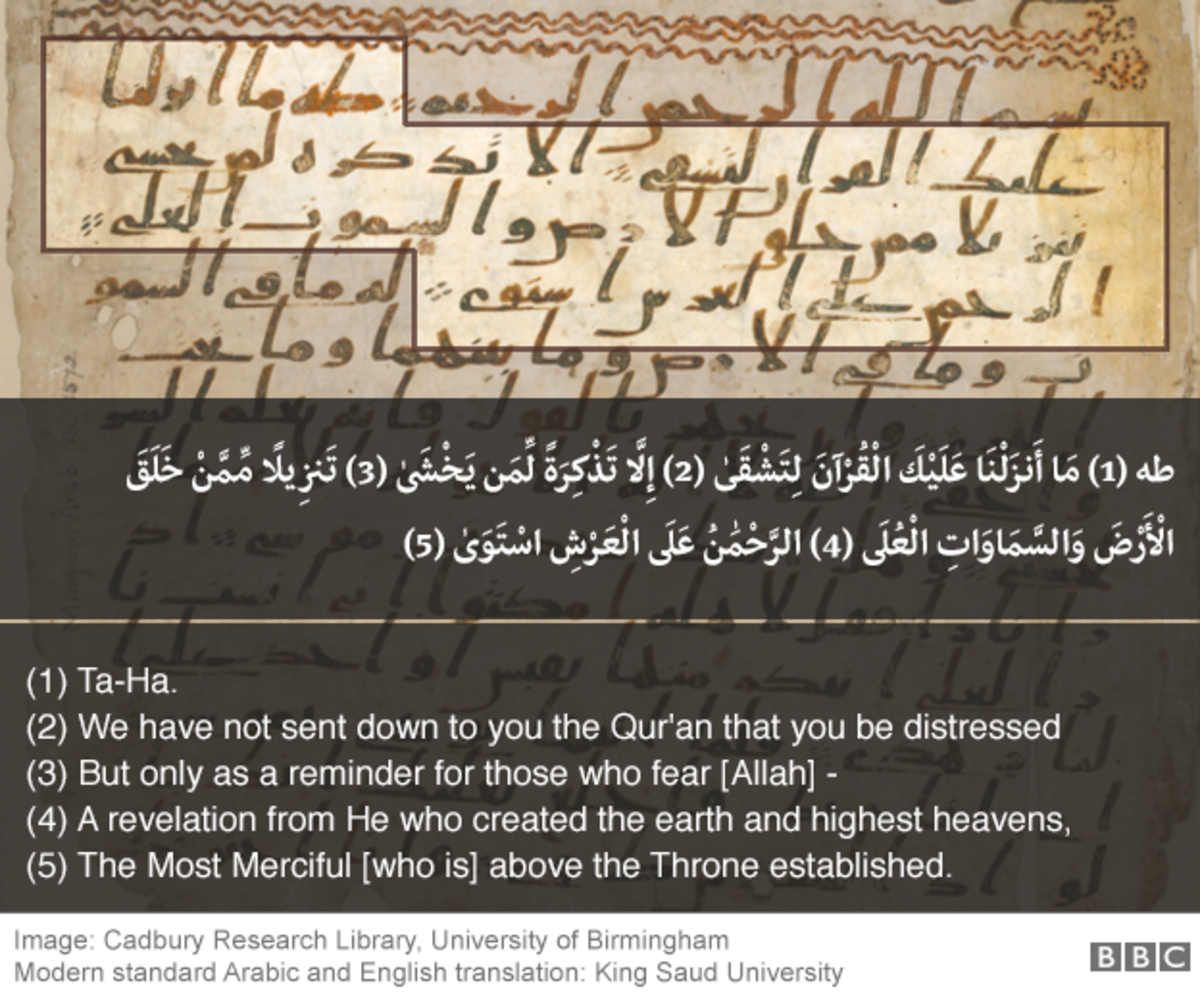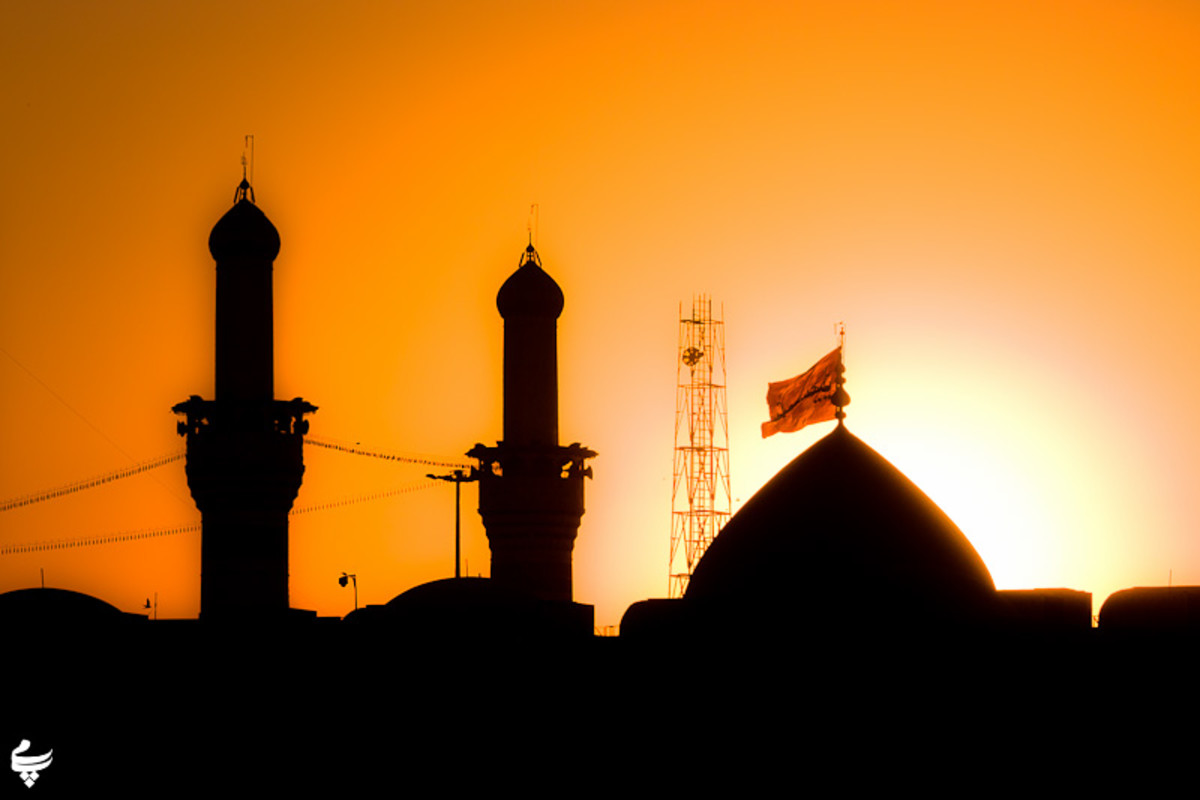Salaat 'A Muslim Prayer'
Salaat is the practice of formal Muslim prayer in Islam. A Muslim must pray five times a day, at the stated Salaat times. Before prayer ablution (Wudu) is necessary. Holy Prophet Hazrat Muhammad (S.A.W) said ablution is the key to prayer. In ablution Muslims wash their hands, face and feet, and after the completion of ablution they go to the mosque for offering prayers, where the Imam (prayer leader) faces Makkah and leads the prayers. The men stand in one, two, three or more rows behind him. The prayers consist of reciting passage from the Holy Quran. While praying the Muslims bow before Allah and kneel (sajda ) with the face to the ground. Friday prayers are preceded by a sermon (khutba ) delivered by the Imam.
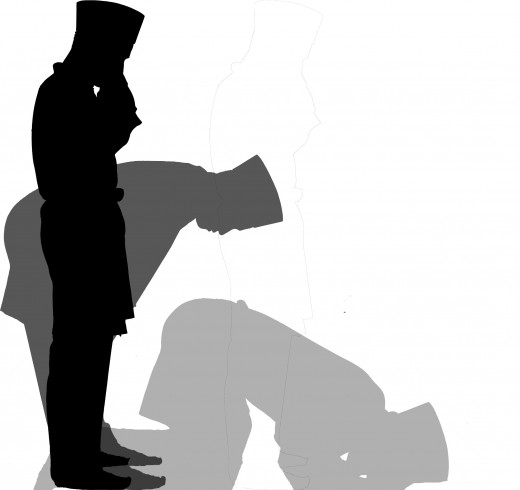
Salaat times
Fajr: This prayer may be offered any time after the dawn and before sunrise.
Zuhr: This prayer may be offered any time after the sun begins to decline from its zenith.
Asr: This prayer may be offered when everything equals to its shade.
Maghrib: The time of this prayer begins immediately after the sunset and extends till red glow in the western horizon disappears.
Isha: The time of this prayer begins after the red glow in the western horizon disappears and continues till a little before the dawn.
Units of Salaat
Fajr: 4 rakats i.e. 2 sunnah and 2 farz
Zuhr: 12 rakats i.e. 4 sunnah, 4 farz, 2 sunnah and 2 nafls
Asr: 8 rakats i.e. 4 sunnah gher muakkida and 4 farz
Maghrib: 7 rakats i.e. 3 farz, 2 sunnah and 2 nafls
Isha: 17 rakats i.e. 4 sunnah, 4 farz, 2 sunnah, 2 nafls, 3 witr and 2 nafls
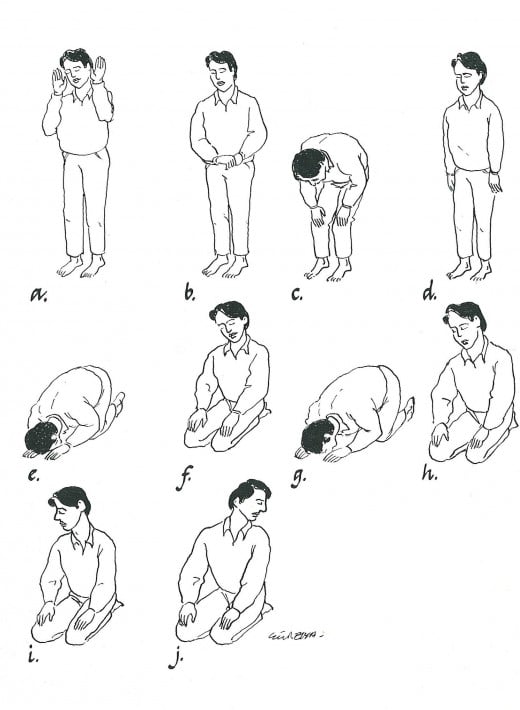
Some Quranic Verses about Salaat
- That high ranked book (Quran) Whereof there is no place of doubt, in it there is guidance to the God fearing. Who believe without seeing, and establish prayer and spend in Our path, out of Our provided subsistence. (Surah Baqara, verse 2-3)
- Indeed, I am Allah. There is no deity except Me, so worship Me and establish prayer for My remembrance. (Surah Taha, verse 14)
Sayings of Holy Prophet (S.A.W)
- Prayer is the miraj (union with or annihilation in, the Divine Essence by means of continual upward progress) of faith.
- The Lord doth not regard a prayer in which heart doth not accompany the body.
- The key of paradise is prayer, and the key of prayer is ablution.
- Say your prayers standing and if you are not able, then sitting and if unable, then on your sides.
- Narrated Abu Huraira: I heard Allah's Apostle saying, "If there was a river at the door of anyone of you and he took a bath in it five times a day would you notice any dirt on him?" They said, "Not a trace of dirt would be left." The Prophet added, "That is the example of the five prayers with which Allah blots out (annuls) evil deeds." (Sahih Al Bukhari Volume 1, Book 10, Hadith # 506)
- Narrated Abu Hurairah (RAA) : Rasulullah (SAW) said, "Allah will prepare for him who goes to the mosque in the morning and in the afternoon (for the congregational prayer) an honorable place in Paradise with good hospitality for (what he has done) every morning and afternoon goings. (Sahih Al-Bukhari Volume 1, Book 11, Hadith # 631)
Benefits of Salaat
By offering prayer one can get numerous benefits. It can be divided in these groups:
- Physical benefits
- Personal or individual benefits
- Collective or social benefits
Views of the Scholars
The scholars of all the fiqhi schools believe that prayer is incumbent upon every Muslim under any condition, this obligation cannot be left. The worshiper must perform his/her prayer in the ways mentioned depending on his/her own physical state. If he or she is able to stand then he/she must perform it in the standing position and if not then in the sitting position. If he/she is unable to sit then perform prayer while being in the sleeping position which means lying down on your back. If the worshiper is unable to move his head then he/she must move his/her eyelids and if even this is not possible then perform it in heart.
Azan or Adhan (the Prayer call)
When the time of prayer comes, it is practice to say the prayer call (adhan). The caller (muezzin) stands facing the Qiblah (the direction of the Ka’abah at Makkah) raising both hands to his ears and says in a loud voice, the following kalimat. Expressions (kalimat) of azan are as under:
Allah-o-Akbar, Allah-o-Akbar,
Allah-o-Akbar, Allah-o-Akbar, Allah is the Greatest.
Ashhadu An La Illaha Illallah
Ashhadu An La Illaha Illallah
I stand a witness that there is no one worthy of worship but Allah.
Asshadu-Anna Muhammadar Rasoollullah
Asshadu-Anna Muhammadar Rasoollullah
I stand witness that Muhammad is the Messenger of Allah.
Hayya Ala-s-salah
Hayya Ala-s-salah Come to Prayer.
Hayya Ala-I-falah
Hayya Ala-I-falah Come to achieve salvation.
Allah-o-Akbar, Allah-o-Akbar, Allah is the Greatest.
La Ilaha Illallah There is no one worthy of worship but Allah.
Important terms of Salaat
Imam: The spiritual head of the Muslims.
Khutbah: Friday sermon in which Imam delivers a speech on a subject.
Takhbir-i-Tahrima: To say Allah-o-Akbar at the commencement of the prayer.
Takbir: To say Allah-o-Akbar during the prayer.
Rakat: A unit of salaat.
Qirat: Recitation of verses of the Holy Quran.
Ruku: Bowing down, hands on the knees, back in straight position. A woman has to bend midway position.
Sajda: To prostrate on ground with the nose, forehead and palms of the hands touching the ground.
Dua: An invocation at the end.
Makruh: A hatred practice.
Zawaal: When the sun has reached its zenith.
Qaza: Performance of prayer after expiry of stipulated time.
Sajda sahv: The extra prostration for correction of errors in prayer that violates wajib.
Traveeh salaat: A special salat performed in Ramadan after the last prayers of the day.

